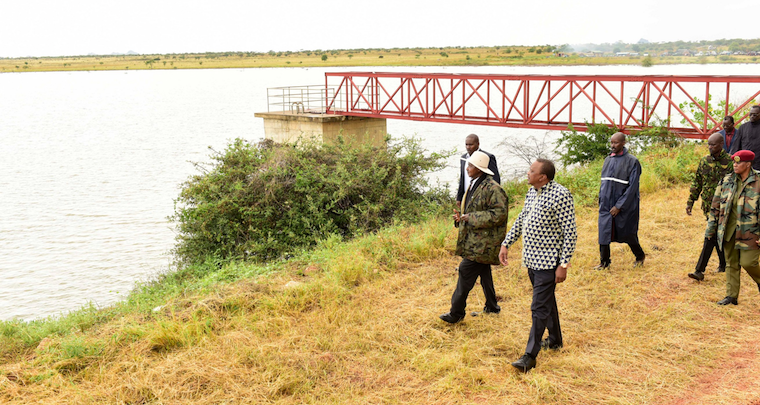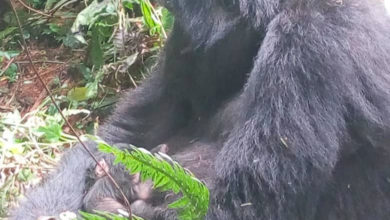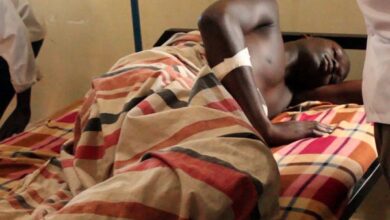Local News
Museveni, Kenyatta sign cross-border peace agreement
President Museveni with Uhuru Kenyatta in Moroto

Uganda President, Yoweri Museveni and his Kenyan counterpart, Uhuru Kenyatta have signed a Memorandum of Understanding (MoU) on a joint cross-border integrated programme for sustainable peace and social-economic transformation for Turkana, West Pokot and Karamoja.
The two leaders signed the MoU in northern Uganda in Moroto on Thursday evening. The move to sign the MoU started on August 31, 2018, in Nairobi and a number of meetings have been held by technical and political leaders in collaboration with UN country teams, IGAD and development partners.
The meetings recommended the development of the MoU and framework aimed at economically empowering the local communities through a mix of social-economic transformative programmes. Through the MoU both communities on the Kenya and Ugandan sides can now harness opportunities for better cooperation, close coordination and peaceful coexistence.
The initiative is also envisaged to bridge isolation gaps and improve livelihoods and socio-economic conditions for sustainable peace and development.
Eugene Wamalwa, Kenya’s cabinet secretary of devolution, says the MoU is going to facilitate peaceful coexistence between the pastoral communities across border.
The Karamoja Affairs minister, John Byabagambi, says the peace agreement is an aid to the realization of Sustainable Development Goals (SDGs) across the two counties. The MoU has already facilitated procurement of vehicles especially for security, ambulances and solar panels for the communities across the borders.
Karamoja, Turkana, and West Pokot rate among the underdeveloped sub-regions in Uganda and Kenya amid vast resources especially minerals. Tribes from both countries have also engaged in cattle rustlings against each other.
Statistical evidence indicates that Karamoja poverty levels stand at 62% of the total population, far above the national average of 21.4%. Besides, 70% of the population is food insecure below the national food insecurity average of 37%.
In Turkana and West Pokot, the Kenya National Bureau of Statistics puts the regions at 68.4% of the population below the poverty line, compared to a national average of 36.1% (KIBHS, 2016.)
The report also indicates that many households in the region suffer from low availability and access to food and water resources; resulting in high levels of chronic and acute food insecurity and malnutrition.
Both regions are characterized with low literacy and high dependency levels.
SOURCE:The Observer




